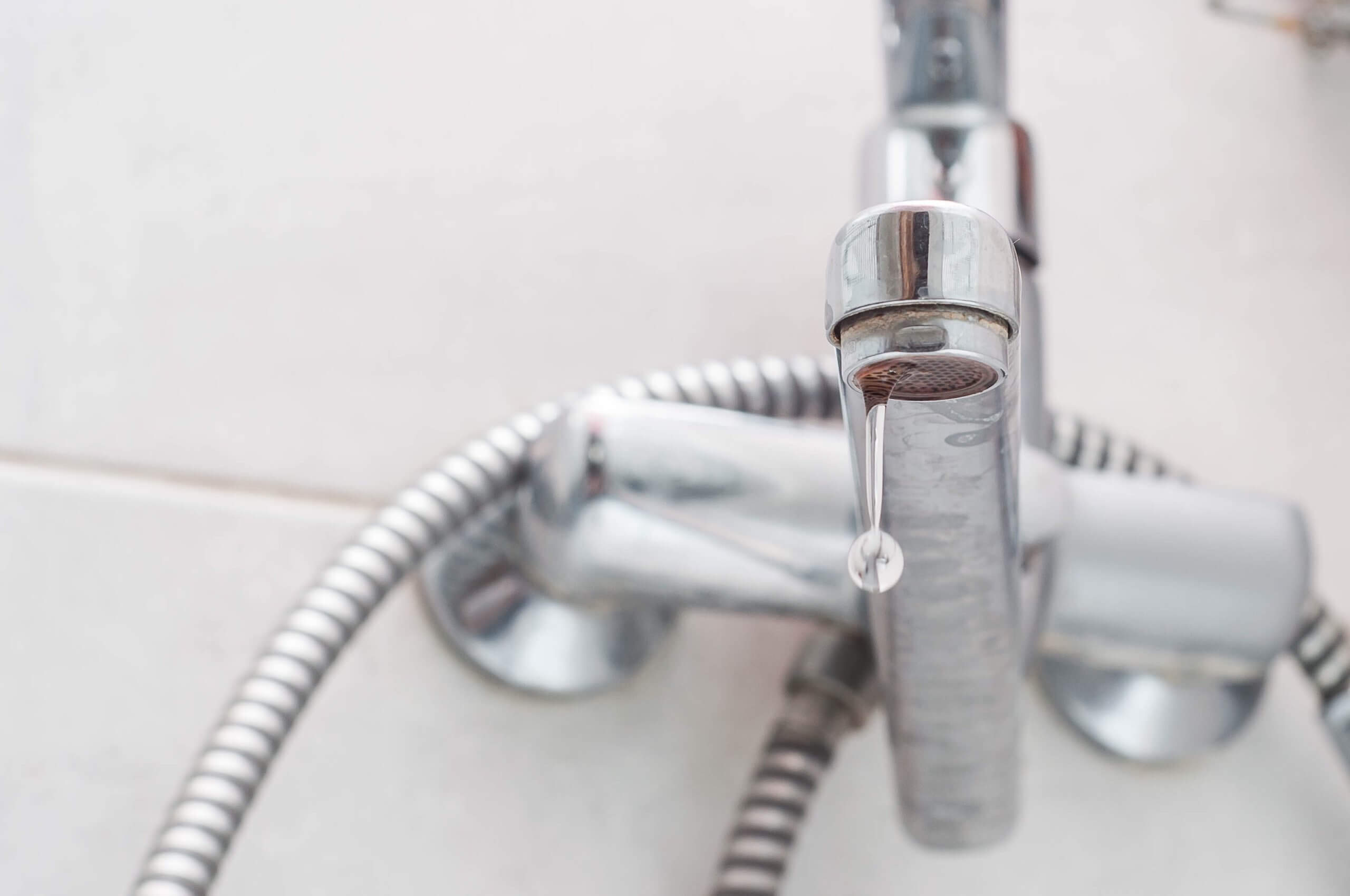How Hard Water Can Pose Risks to Your Plumbing System

Hard water leaves mineral scale that narrows pipes, stresses valves, and makes fixtures harder to keep clean. If you’re noticing chalky spots on faucets or sluggish flow in an LA condo or an Orange County bungalow, addressing hard water early helps your plumbing last longer.
Hard Water Risks: What Happens Inside Your Pipes
Minerals can settle along pipe walls and at aerators, reducing pressure and contributing to premature wear on cartridges and shutoff valves. Water heaters may accumulate sediment, which can affect temperature consistency and efficiency.
How to Reduce Hard Water Problems
- Filtration and conditioning: Whole‑home systems or point‑of‑use filters can help manage hard water minerals before they reach sensitive fixtures.
- Routine service: Clean aerators, flush water heaters, and replace worn supply lines to keep water moving freely.
- Smart materials: When renovating, choose corrosion‑resistant components to better tolerate hard water conditions.
Signs Hard Water Is Affecting Your Home
Look for frequent cartridge replacements, scale on glass or tile, and inconsistent hot water. Kitchens in Long Beach or baths in Anaheim may show buildup first where water dries on surfaces.
DIY Care vs. Calling a Pro
Homeowners can descale aerators and showerheads and wipe fixtures after use. If you suspect severe scale inside pipes or the water heater, a licensed plumber can service the system safely and recommend long‑term options for hard water management.
For fast, reliable service in LA & OC, contact Plumbing Squad.
Key Takeaways
- Understand the essentials of how hard water can pose risks to your plumbing system so you can act quickly and avoid damage.
- Use safe, proven methods first; avoid shortcuts that create bigger problems.
- Prevent issues with routine maintenance and timely upgrades.
- Know when to call a professional to save time, money, and stress.
Smart, Efficient Upgrades
- Water‑efficient fixtures and leak‑detection shutoff valves.
- Pressure regulation to protect pipes and appliances.
- Filtration and conditioning for better water quality.
Routine Maintenance
Annual inspections catch small problems early—corroded supply lines, slow drains, and aging shutoffs. Document your system (valve locations, model numbers) for faster service.
FAQs
How can I prevent how hard water can pose risks to your plumbing system?
Start with routine maintenance: inspections, cleaning, and replacing worn parts before they fail. Address small issues early, use quality fixtures, and follow manufacturer guidelines. A yearly whole‑home check by a pro helps catch problems before they turn into how hard water can pose risks to your plumbing system.
Can DIY fixes make how hard water can pose risks to your plumbing system worse?
Yes. Using the wrong chemical, tool, or technique can damage pipes, fixtures, or finishes, and often pushes the problem deeper. Stick to safe methods and call a pro when you hit resistance, smell sewage, or see leaks.
When should I call a professional plumber for how hard water can pose risks to your plumbing system?
Call right away if there’s active leaking, sewage odors, recurring clogs, no hot water, water stains, or you’ve tried basic steps without success. Emergencies include burst pipes, backflows, and any leak near electrical.
How much does it typically cost to address how hard water can pose risks to your plumbing system?
Costs vary by scope, materials, access, and location. Expect a basic service call to start around a few hundred dollars, while larger repairs or replacements range higher. After an on‑site assessment, your plumber can provide a firm, written estimate.
Need a Reliable Plumber?
Plumbing Squad handles inspections, repairs, and emergency service with transparent pricing and clean workmanship. Call today or book service to get expert help fast.

